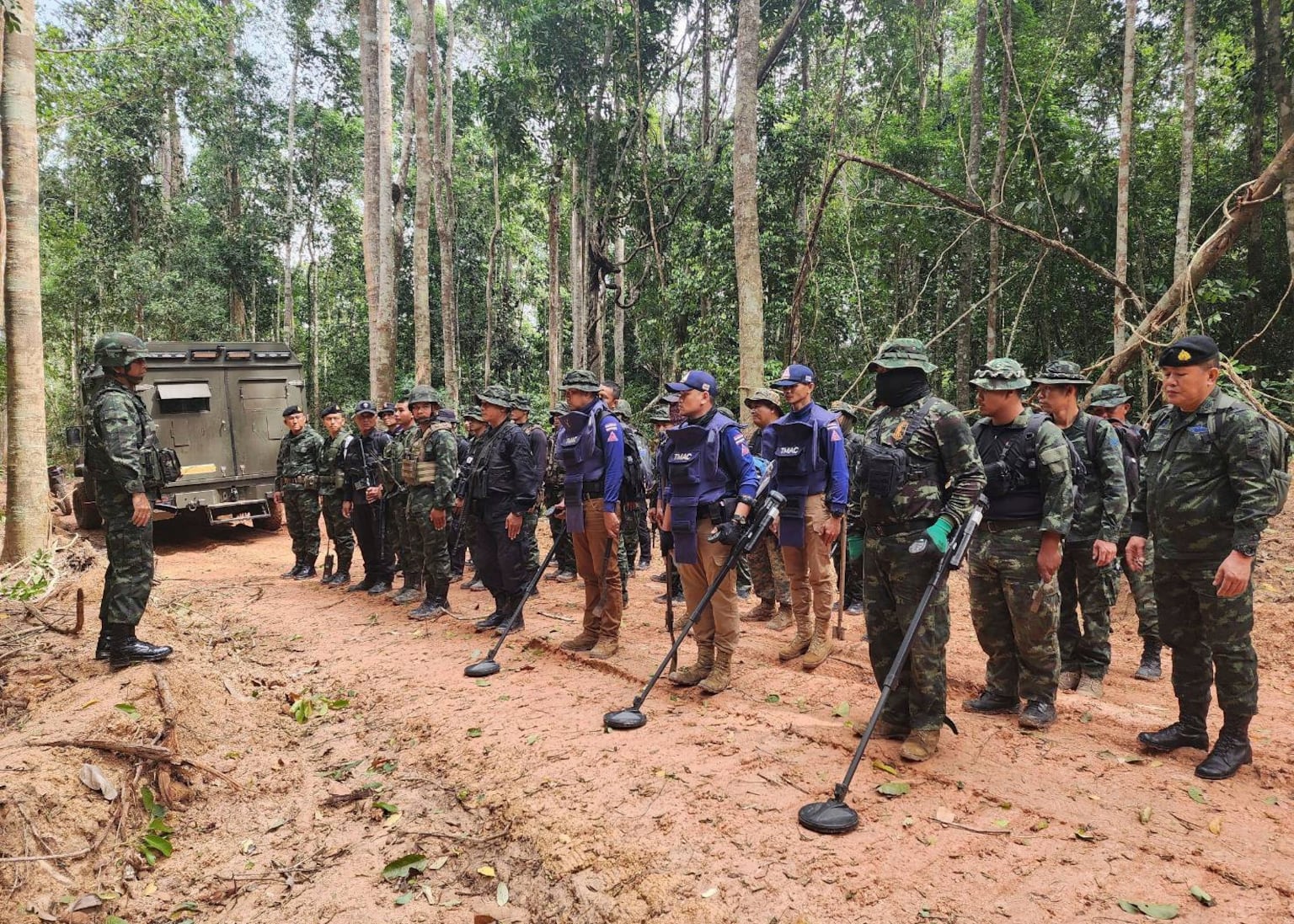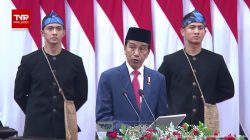Thailand and Cambodia have engaged in gunfire along their border, marking a significant intensification of a conflict that has resulted in the deaths of at least 11 individuals, primarily civilians.
Each country blamed the other for initiating the military conflicts and have reduced diplomatic ties since Wednesday. Thailand has also closed all land border crossings with Cambodia.
Tensions among Southeast Asian neighbors have significantly worsened since a violent clash in May resulted in the death of a Cambodian soldier. Rising nationalist sentiments on both sides have intensified the situation.
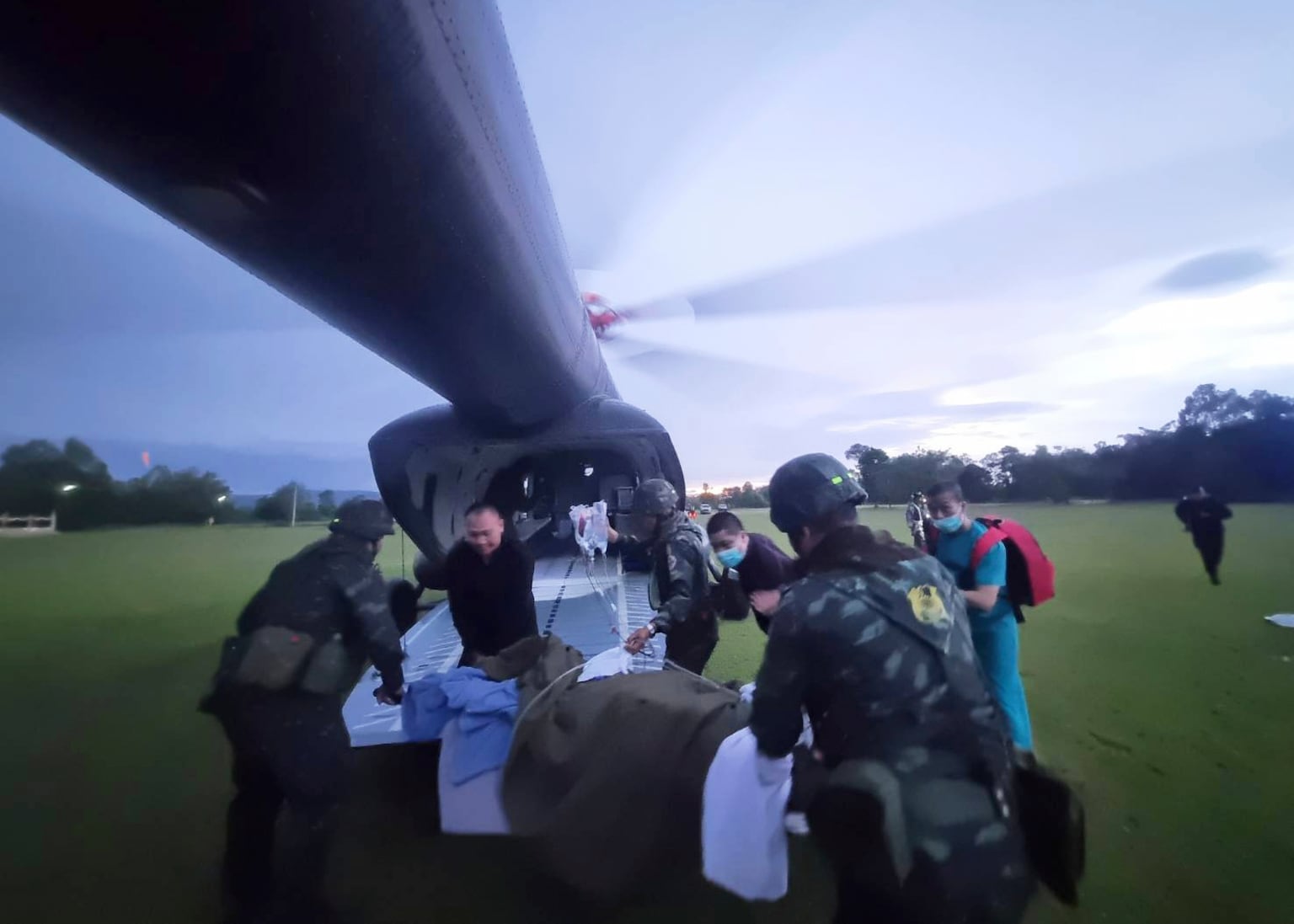
The Thai military reported that the highest number of casualties took place in Si Sa Ket province, where six individuals lost their lives following gunfire at a gas station. At minimum, 14 people were hurt across three border provinces.
The Royal Thai Army reported that it conducted air strikes on Thursday against military targets on the ground in Cambodia, while the Cambodian Ministry of Defense stated that Thai aircraft dropped bombs near a road close to the historic Preah Vihear temple.
Conflicts continue in at least six regions along the border, stated Surasant Kongsiri, a spokesperson from the Thai Defence Ministry.
The initial confrontation on Thursday morning took place in a region close to the historic Ta Muen Thom temple, situated along the boundary between Thailand’s Surin province and Cambodia’s Oddar Meanchey province.
A video from the Thai perspective showed individuals fleeing their residences and taking shelter in a concrete bunker as explosions could be heard.
The Thai Ministry of Foreign Affairs stated that Cambodia has targeted both military and civilian locations in Thailand, such as a hospital.
“The Royal Thai Government urges Cambodia to be accountable for the events that have taken place, halt attacks on civilian and military targets, and cease all actions that breach Thailand’s sovereignty,” stated Nikorndej Balankura, the ministry’s spokesperson.
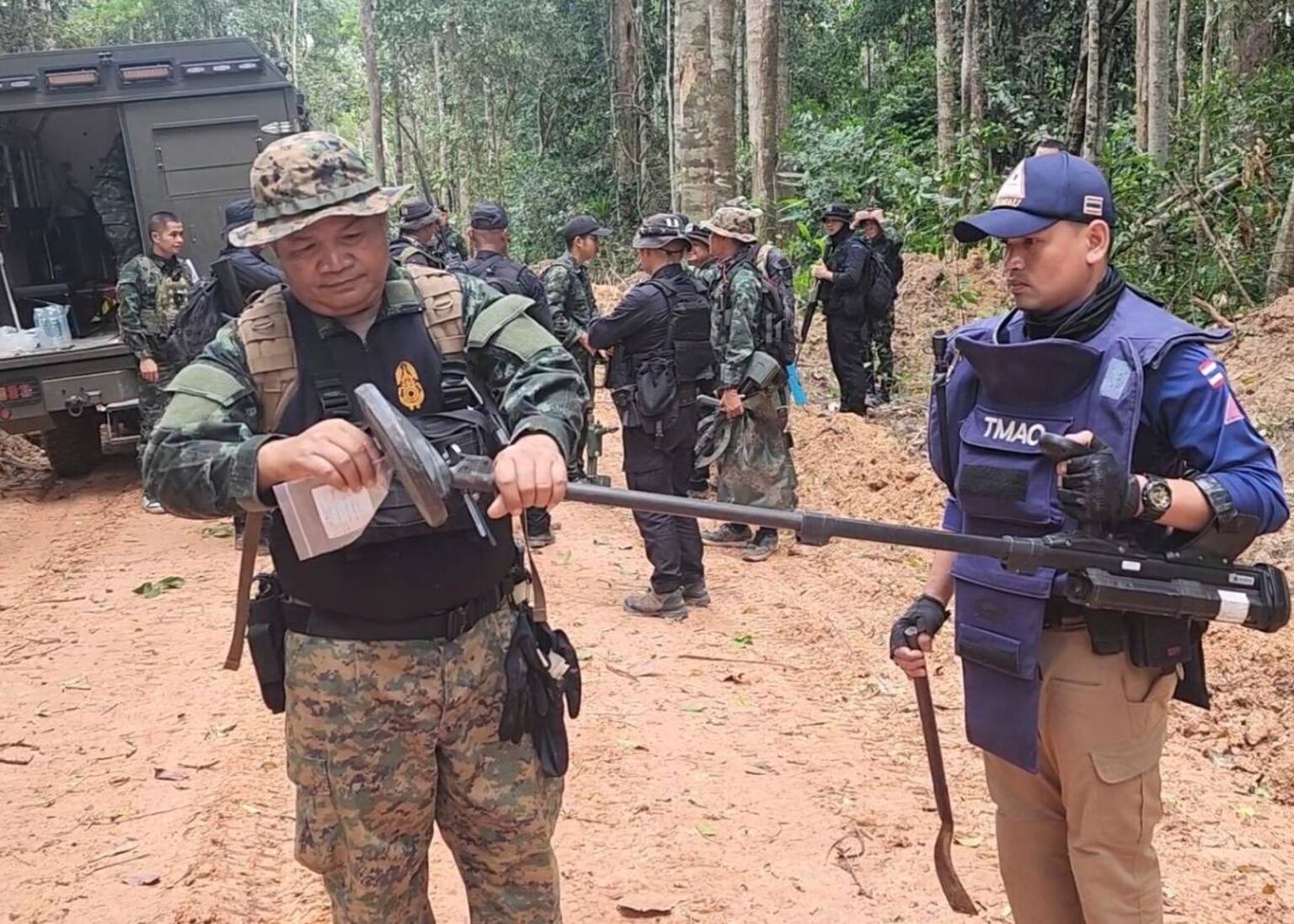
The Government of Thailand is ready to enhance our defensive actions if Cambodia continues its military aggression and breaches of Thailand’s sovereignty, in line with international law and standards.
Cambodia’s Prime Minister Hun Manet stated that his nation has consistently favored resolving issues through peaceful means, yet “we have no alternative but to counter armed aggression with military force.”
On Thursday, Cambodia announced it was lowering its diplomatic ties with Thailand to the minimum level, expelling the Thai ambassador, and bringing back all Cambodian personnel from its embassy in Bangkok.
This occurred after Thailand recalled its ambassador and expelled the Cambodian ambassador on Wednesday, expressing protest over a landmine explosion that injured five Thai soldiers.
The Thai military stated regarding the initial confrontation on Thursday that their forces detected a drone before observing six Cambodian soldiers approaching Thailand’s post. It mentioned that Thai troops attempted to call out to them to ease the tension, but the Cambodian side fired first.
The Ministry of Defense in Cambodia stated that Thailand used a drone first before firing, and that Cambodia “adhered fully to the principles of self-defense, reacting to an unexpected attack by Thai forces that breached our territorial sovereignty.”
The Thai embassy in Phnom Penh reported that conflicts are occurring in multiple border regions and could intensify further. It recommended that Thai citizens in Cambodia depart the country if possible and advised others to avoid traveling to Cambodia unless it is absolutely essential.
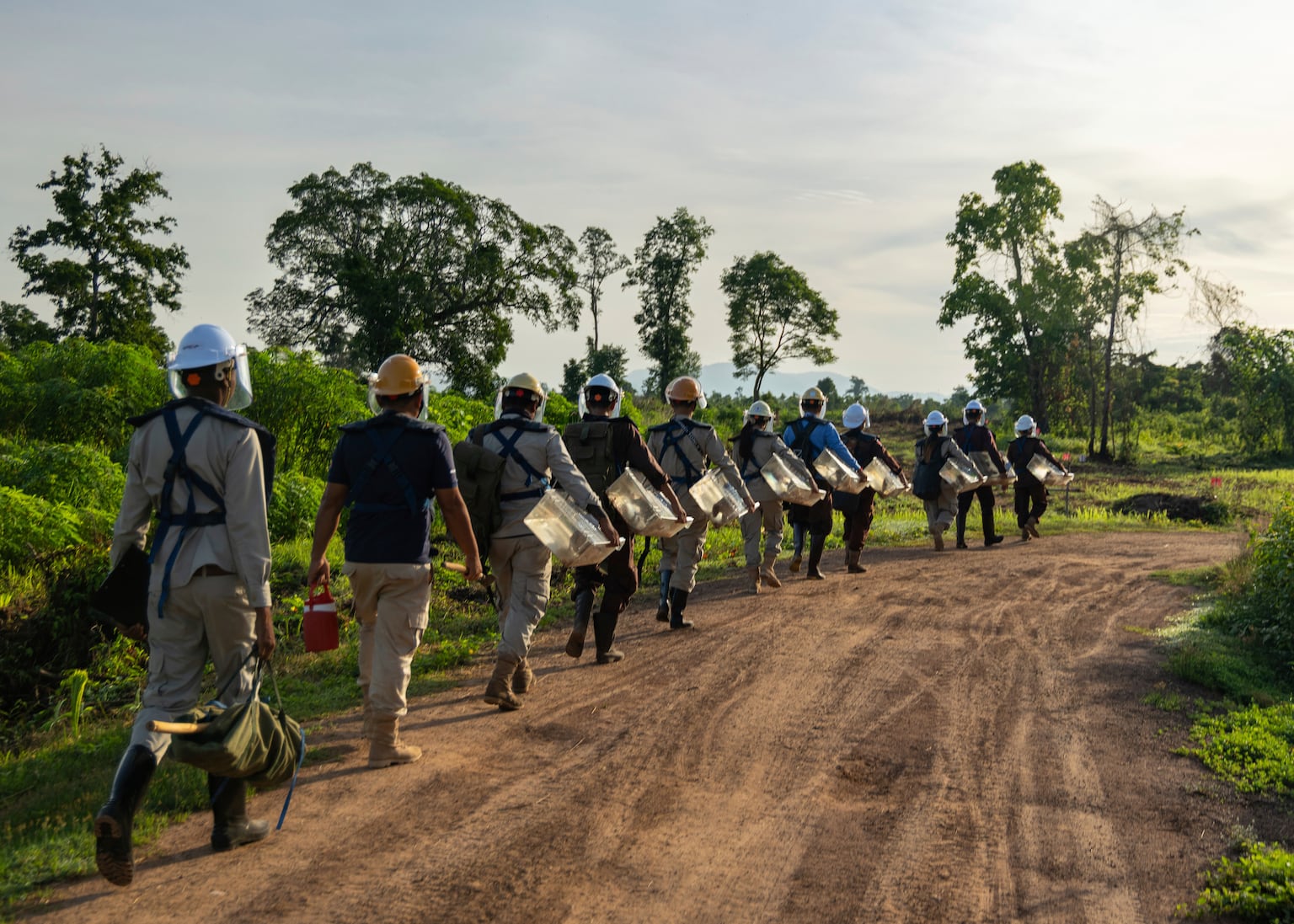
On Wednesday, an explosion of a landmine close to the border injured five Thai soldiers, with one losing a leg. A week prior, a landmine in another disputed region detonated, injuring three Thai soldiers.
Thai officials claimed the mines were recently placed along routes that had been agreed to be secure. They stated the mines were of Russian origin and not the kind used by Thailand’s armed forces.
Cambodia dismissed Thailand’s claims as “unfounded allegations,” noting that numerous unexploded mines and other weapons are a result of 20th-century conflicts and instability.
The territorial conflict has also led to political consequences in Thailand, where the prime minister was removed from power to face an investigation into potential ethical breaches related to this issue.
Border disagreements are long-standing problems that have led to occasional tensions among the nations. The most notable and intense conflicts have occurred near the 1,000-year-old Preah Vihear temple.
In 1962, the International Court of Justice affirmed Cambodia’s control over the temple region in a decision that significantly strained the ties between the two nations.
In 2011, Cambodia returned to court following military conflicts that resulted in approximately 20 fatalities. The court confirmed the decision again in 2013.

